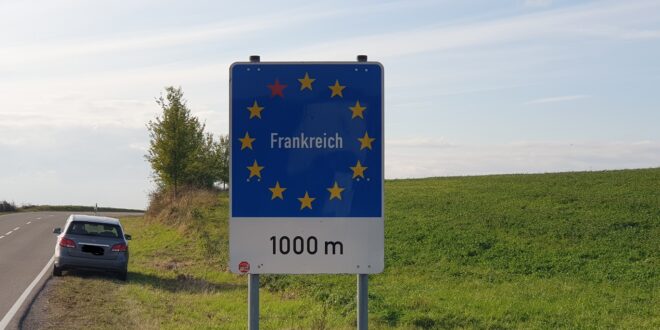On 1 January 2025, Romania and Bulgaria officially joined the Schengen Area, the European Union’s border-free travel zone. This development means that passport checks at internal borders between these countries and other Schengen states have been eliminated, facilitating smoother travel across Europe. With this expansion, the Schengen Area now consists of 29 member states, reinforcing the principle of free movement within Europe.
Understanding the Schengen Area
The Schengen Area allows people to travel freely across member states without undergoing routine border checks. It was established to promote mobility, economic integration, and security cooperation among European nations. The area includes most EU countries, except Ireland and Cyprus, as well as four non-EU countries: Iceland, Liechtenstein, Norway and Switzerland.
Key Information for African Residents and Travelers
For Africans living in Europe or those planning a visit, it is essential to understand how the Schengen visa system operates:
- Visa Requirements: Citizens from many African nations need a Schengen visa for short-term stays (up to 90 days within a 180-day period). This visa allows travel across all Schengen countries. Applications should be submitted at the embassy or consulate of the primary destination before departure.
- Required Documents: To apply for a Schengen visa, travelers need a valid passport (issued within the last 10 years and valid for at least three months beyond the departure date), proof of accommodation, travel insurance, proof of financial means, and a return or onward ticket. Additional documents may be required based on the purpose of the visit.
- ETIAS Authorization: From 2025, visitors from visa-exempt countries will need to obtain European Travel Information and Authorization System (ETIAS) approval before entering the Schengen Area. ETIAS is not a visa but a pre-screening process designed to enhance security. The online application requires a fee and remains valid for multiple entries over three years or until the passport expires.
Travelling Within the Schengen Zone
Once admitted, travelers can move freely between Schengen states without border controls. However, it is advisable to carry identification, as internal checks may still occur. In cases of security threats or emergencies, temporary border controls can be reinstated by member states.
Implications of Romania and Bulgaria’s Accession
The inclusion of Romania and Bulgaria into the Schengen Area means that African travelers and residents will experience fewer travel restrictions when visiting or transiting through these countries. The removal of internal border checks simplifies mobility, making cross-border movement more seamless for business, tourism, and family visits.
Conclusion
The expansion of the Schengen Area reflects Europe’s ongoing commitment to free movement while maintaining security. Africans residing in or traveling to Europe should stay informed about visa regulations and ETIAS requirements to ensure a smooth and hassle-free experience when moving across the continent.
Femi Awoniyi
 THE AFRICAN COURIER. Reporting Africa and its Diaspora! The African Courier is an international magazine published in Germany to report on Africa and the Diaspora African experience. The first issue of the bimonthly magazine appeared on the newsstands on 15 February 1998. The African Courier is a communication forum for European-African political, economic and cultural exchanges, and a voice for Africa in Europe.
THE AFRICAN COURIER. Reporting Africa and its Diaspora! The African Courier is an international magazine published in Germany to report on Africa and the Diaspora African experience. The first issue of the bimonthly magazine appeared on the newsstands on 15 February 1998. The African Courier is a communication forum for European-African political, economic and cultural exchanges, and a voice for Africa in Europe.


































